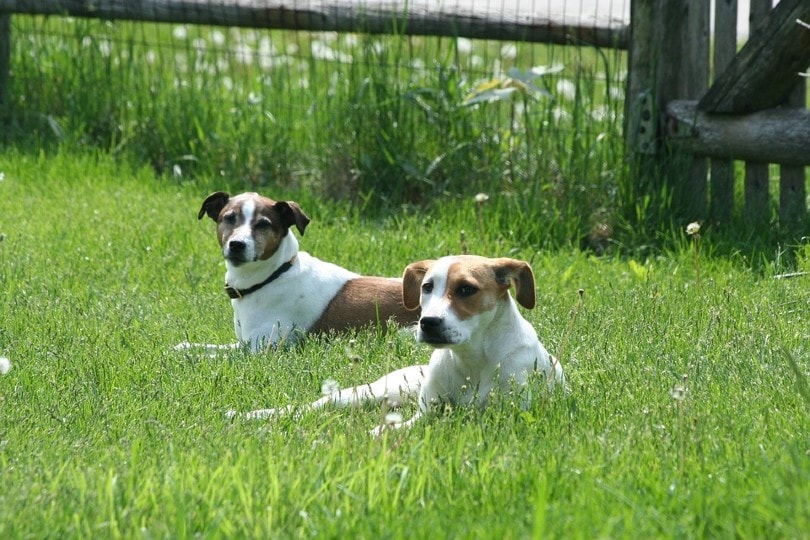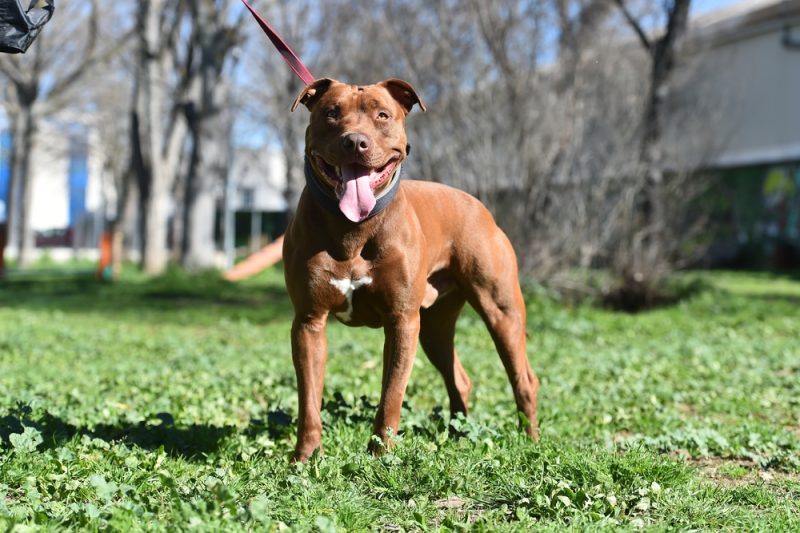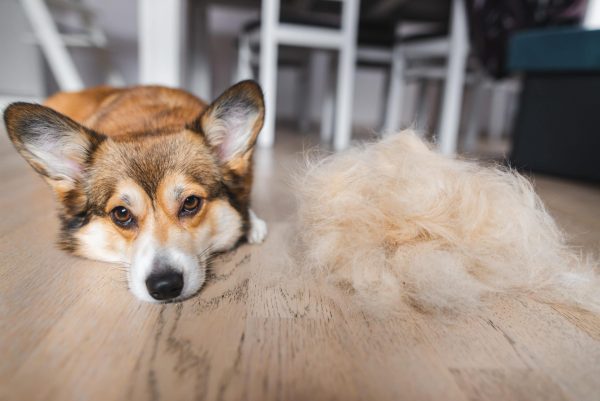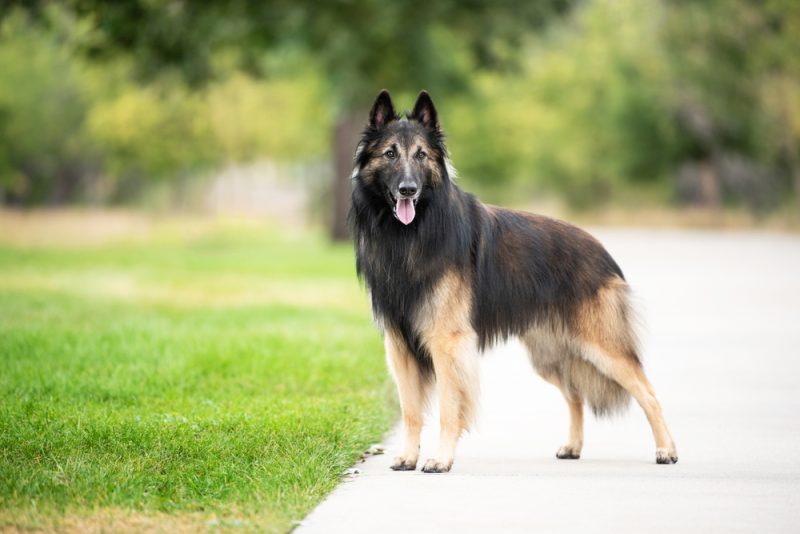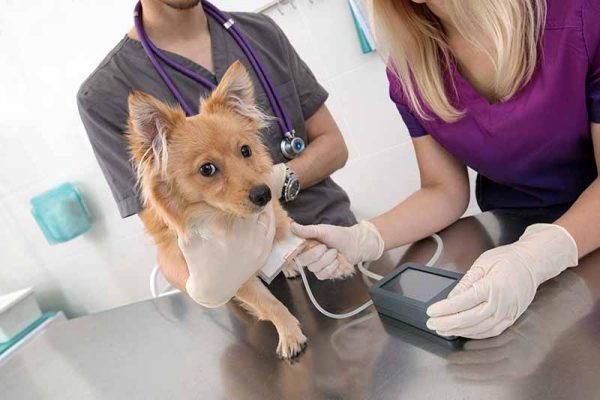Overbreeding dogs is a complex issue with serious consequences for both the health and welfare of dogs and their financial, environmental, and societal impacts. While responsible breeders exist and are essential for maintaining specific breeds, the irresponsible breeding of dogs has led to countless puppy mills, inhumane treatment of animals, and an overabundance of unwanted dogs.
In this article, we’ll explore the consequences of overbreeding dogs and the role of government regulations, animal advocates, and responsible breeders in preventing it.

Dog Health and Welfare Implications
The health and welfare implications of overbreeding are numerous and serious. Animals in puppy mills often suffer from inhumane conditions including overcrowding, lack of veterinary care, and improper feeding. This can lead to physical and mental health issues, such as genetic abnormalities, behavioral problems, and even premature death. In addition, the overcrowding of certain breeds can lead to inbreeding, which can further exacerbate health and welfare issues.
Furthermore, the proliferation of unwanted dogs can lead to an increase in euthanasia rates in shelters. All of these consequences make it clear that overbreeding dogs is a serious issue and one that must be addressed.
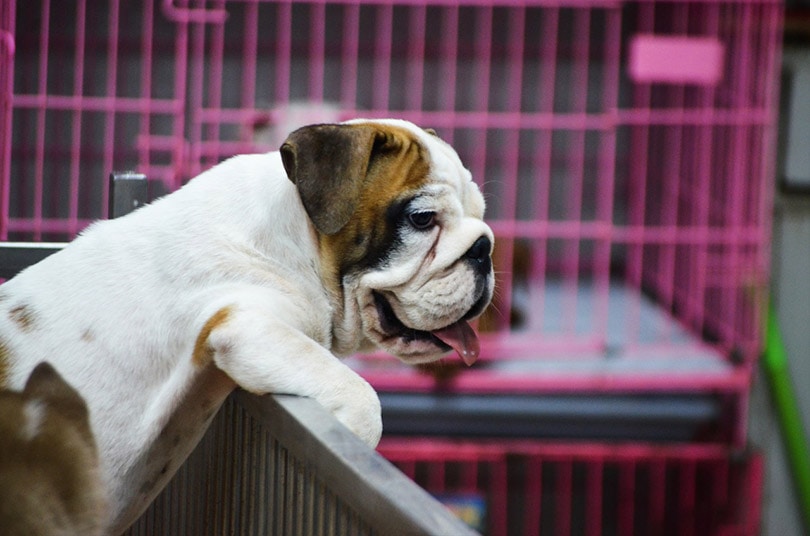
Environmental Impact
Another aspect of breeding that isn’t discussed as often is its harmful environmental impacts. The production of puppy food, for example, requires a large number of resources, such as water and energy. In addition, the overpopulation of certain breeds can lead to an increase in the production of waste, such as pet waste and packaging from pet food.
This can further strain resources, as well as lead to an increase in pollution.
Long-Term Financial Costs
Overbreeding dogs can also lead to long-term financial costs. In addition to the expense of purchasing a puppy, there are often hidden costs associated with their care. Veterinary care, training, and food are just some of the expenses that can add up over time.
In addition, the overpopulation of certain breeds can lead to an increase in the cost of health care, as certain breeds may be susceptible to genetic abnormalities and other health issues caused by overbreeding.

Organizations for Preventing Overbreeding
Governmental Organizations
The government plays a big role in preventing illegal breeding. Government regulations are an essential tool in preventing overbreeding and protecting the rights of animals. In the United States, the Animal Welfare Act (AWA) is the primary law that regulates puppy mills and other commercial breeders.
The AWA sets standards for the humane care and treatment of animals, including food and water requirements and exercise provisions. In addition, the AWA also sets guidelines for the sale of animals and provides enforcement of its regulations.
Ethical and Legal Breeders
Responsible breeders are an essential part of preventing overbreeding. Responsible breeders will only breed healthy dogs that meet breed standards and will not breed dogs with genetic abnormalities or health issues. In addition, responsible breeders will make sure that puppies are placed in homes with responsible pet owners who are committed to providing them with proper care.
Furthermore, responsible breeders will be able to provide prospective buyers with detailed information about the breed, such as genetic health testing, vaccinations, and more.
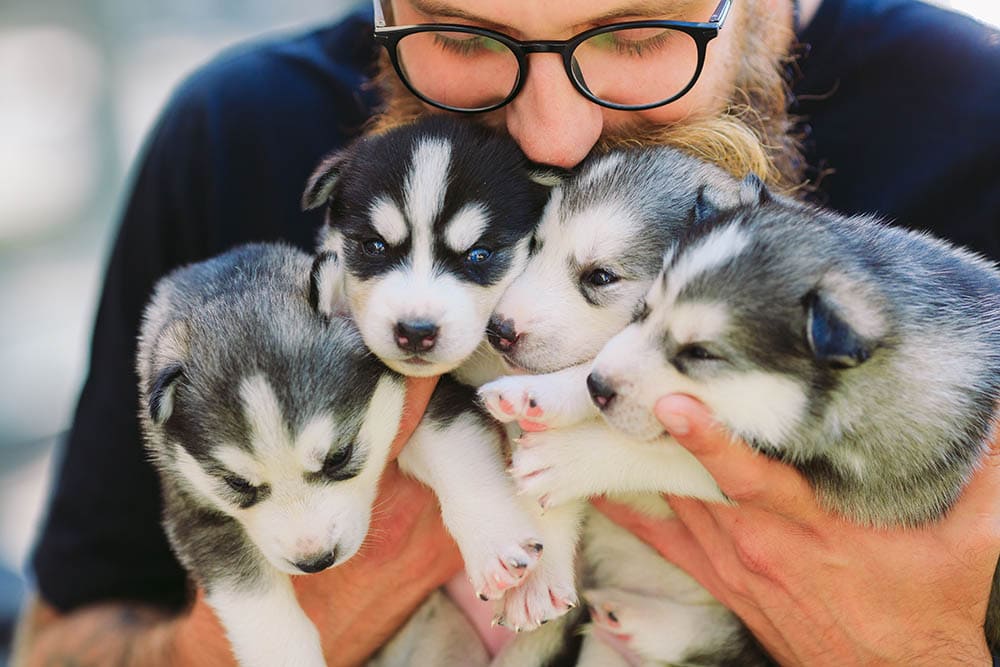
What Are the Costs Associated with Breeding Dogs?
Breeding dogs is a significant financial investment, requiring planning and preparation well in advance of the actual breeding. In addition to the initial costs of purchasing a breeding pair, other expenses must be taken into account. Some of these expenses include:
Health and genetic tests
The cost of health and genetic tests can vary depending on the tests that are most important for your dogs. You should be sure to research and find tests that are most appropriate for your dogs so that you can ensure the utmost health in your puppies.
Stud fee and/or sale of puppies
A stud fee is a fee paid to the owner of an animal (the breeder) by the owner of the female to be bred.
Your stud fee will vary depending on the breed and bloodline.
Grooming and veterinary care
There are many costs associated with grooming and veterinary care, such as deworming, vaccines, and spaying and neutering. The cost of vet care will depend on the dog you’re breeding and your location for the most part.
Breeding facility
You will need to invest in a breeding facility so that your female dog can be bred, cared for, and given ample space. The layout and maintenance of this location are one of the biggest things that differentiate reputable breeders from mills. The facility should be large enough for animals to move freely, it should be maintained regularly, and it should abide by local breeding laws.
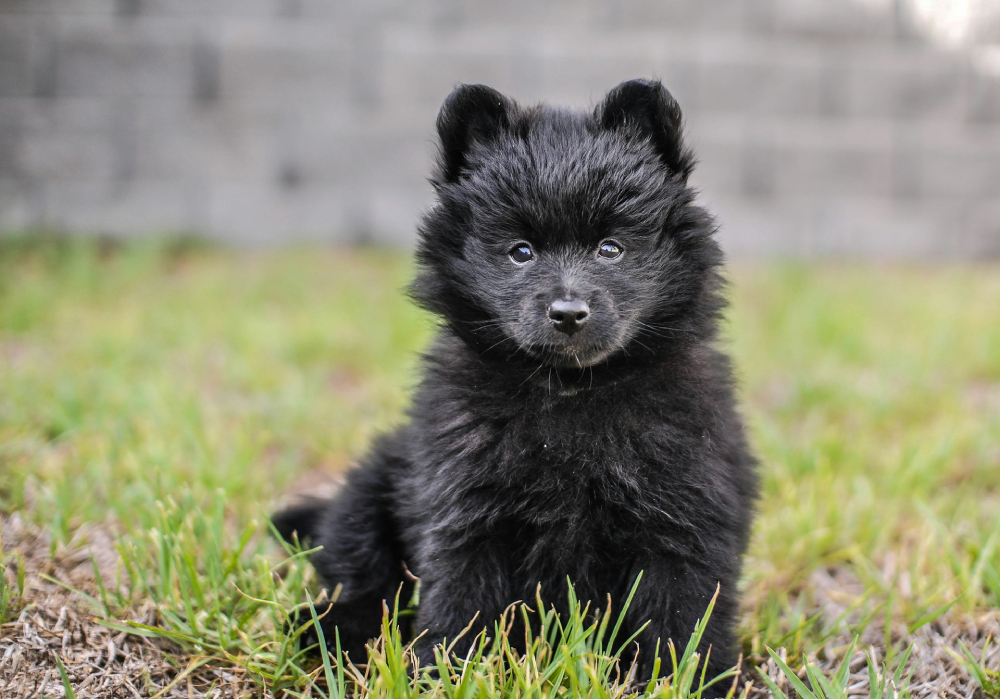

What Should Be Done Prior to Breeding?
The most important things to be completed before breeding are vaccinations, deworming, and genetic testing.
Vaccinations
All dogs should be vaccinated against common diseases, such as distemper, hepatitis, and rabies. Vaccinations provide immunity against these diseases, which means that they can’t be contracted.
Deworming
All dogs should be dewormed, both males and females. This is crucial because it prevents the spread of parasites like roundworms, heartworms, and tapeworms. Some females may be more susceptible to parasites, particularly if they are being bred for the first time.
Genetic Testing
The most important genetic test for breeding dogs is the Orthopedic Dysplasia (OD) test for joints. This test not only looks for signs of joint issues but also helps breeders calculate the risk of their dogs passing the joint issues on to their puppies.


FAQ About Overbreeding
How do I choose a responsible breeder?
First, when choosing a breeder, it’s imperative to research them thoroughly. A good breeder will be able to provide prospective buyers with detailed information about the breed, such as genetic health testing, vaccinations, and more. Also, they’ll be willing to answer any questions that buyers may have and be able to show that their puppies are kept in clean and humane conditions.
Note that reputable breeders won’t be secretive about the dog’s origins or health records. Finally, it is important to visit the breeder in person to make sure that their facilities meet the standards set by the AWA.
How do you ensure the health and safety of the mother and puppies?
The health and safety of the mother and puppies can be ensured by providing ample space for the breeding pair, fresh water and food, and regular grooming and veterinary care, such as deworming, vaccinations, and spaying and neutering. It’s also important to ensure that the environment is clean and safe, such as removing all potential hazards, such as electrical cords, and providing adequate heating or cooling, depending on the time of year.
Note that as puppies grow, they’ll require more space and more attention. So as a new breeder, you’ll need to be prepared for this and have the resources in place so that you can meet their needs. It’s also necessary that you have the appropriate insurance in place to protect you and your dogs in the event of an accident or injury.
We recommend you consult a veterinarian for the best advice on which would be the best treatment and follow up for your pup.
If you need to speak with a vet but can't get to one, head over to PangoVet. It's our online service where you can talk to a vet online and get the advice you need for your dog — all at an affordable price!

Conclusion
The consequences of overbreeding dogs are far-reaching and can be devastating. From health and welfare implications to financial costs, overbreeding dogs can cause serious harm to both animals and people.
Fortunately, there are several steps that can be taken to prevent overbreeding. It’s essential that pet lovers take action to prevent overbreeding and ensure that animals are protected from inhumane treatment and exploitation.
Featured Image Credit: jhayse, Pixabay
